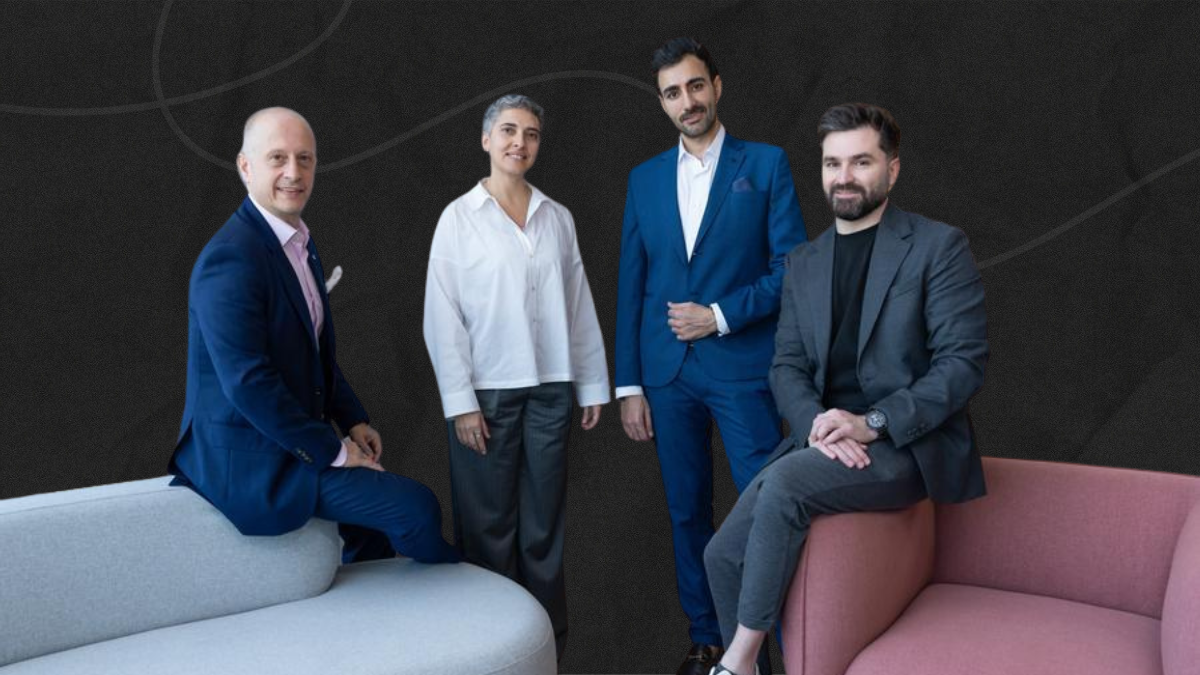Qatar’s $2.5B AI Investment Aims to Transform Tech Landscape by 2030

3 min
Qatar aims to become a global tech hub with its Digital Agenda 2030.
Investments in AI and data analytics might create 26,000 jobs by 2030.
Academic institutions are fostering technological innovation and talent.
AI adoption could transform the Middle East economy significantly.
Qatar supports inclusive digital growth with tools like low-code platforms.
Qatar is setting its sights firmly on becoming a global tech hub through its ambitious Digital Agenda 2030, with bold moves into cloud computing, AI, and emerging technologies. Huge investments have poured into platforms like Microsoft Azure and Google Cloud, along with a nationwide rollout of ultra-fast 5G connectivity, dramatically transforming the country's digital lanscape.
Vahe Torossian, Chief Partner Officer and Chief Revenue Officer at Builder.ai, recently spoke to The Peninsula about Qatar's growing leadership in the AI space within the GCC region. According to Torossian, Qatar's substantial investment of $2.5 billion into artificial intelligence and data analytics could generate an impressive $11 billion by 2030 and possibly lead to the creation of 26,000 new jobs across the country. To put this into perspective, that’s the kind of boost you see when technology is thoughtfully embraced and integrated into national policies.
Education and workforce initiatives are clearly a priority here as well—thanks to heavy investments in academic institutions such as the Qatar Computing Research Institute (QCRI), Hamad Bin Khalifa University (HBKU), and Qatar University, the country has established a solid foundation for nurturing technological innovation and talent. Arageek readers familiar with the Gulf region know that Qatar has often been neck-and-neck with the UAE and Saudi Arabia in digital readiness rankings, and it now seems primed to pull ahead.
Indeed, AI adoption is seen as an economic game-changer in the broader Middle East. PwC predicts the region could reap around $320 billion from the global benefits of artificial intelligence by the end of this decade. Given the consistent focus on cybersecurity, automation, and smart cities by GCC governments, businesses and aspiring startups will surely benefit from plentiful opportunities to innovate and scale up.
Builder.ai, for its part, has found a particularly welcoming market in Qatar. Torossian highlighted the company's AI-powered system, Natasha AI, which allows users with minimal technical skills to design and develop apps. The use of low-code and no-code platforms has opened doors previously closed to small businesses and entrepreneurs, removing barriers traditionally associated with software development.
This democratisation of technology through accessible tools is fully in line with Qatar’s vision for inclusive digital growth. Builder.ai’s commitment—to make technology affordable and efficient—is proving attractive to businesses of all sizes amid Qatar’s ongoing digital transformation. It's clear that Qatar is determined to not just follow global tech trends, but to set its own path.
Ultimately, with careful planning and targeted investment, Qatar’s Digital Agenda 2030 isn't just a blueprint—it's generating real-world impacts and offering plenty of reasons to keep an eye on developments in this rapidly evolving digital story.
🚀 Got exciting news to share?
If you're a startup founder, VC, or PR agency with big updates—funding rounds, product launches 📢, or company milestones 🎉 — AraGeek English wants to hear from you!
✉️ Send Us Your Story 👇
 LEAP26
LEAP26 AI
AI Saudi Arabia
Saudi Arabia UAE
UAE Egypt
Egypt








